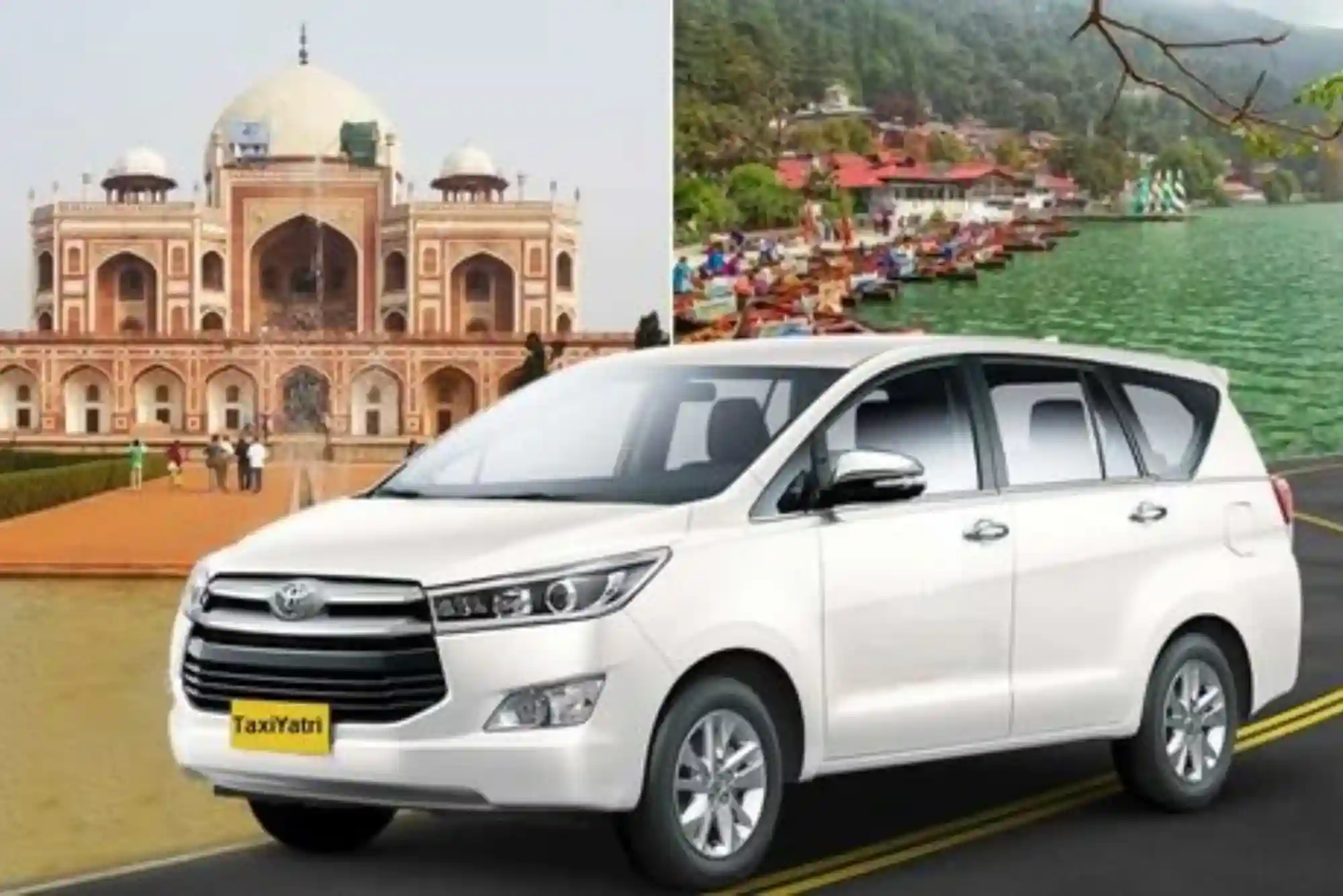Dhanote, a small but strategically located town in South Punjab, is on the brink of a digital transformation. Backed by government support and a growing demand for regional tech development, the Dhanote IT Park is poised to become a leading force in Pakistan’s innovation economy. From training the youth to supporting startups, the future of this initiative signals major changes—not just for investors and entrepreneurs, but for everyday citizens across the region.
In the third phase of development, it is expected to rival any IT hub in Pakistan, offering state-of-the-art infrastructure, local employment, and cross-sector innovation. Visit Dhanote IT Park to learn more about its roadmap.
Government-Supported Digital Expansion in South Punjab
Quick Answer: Programs by STZA, PITB, and Ignite are accelerating Dhanote’s tech infrastructure.
The future of Dhanote IT Park is inseparable from the digital policies shaping Pakistan’s future. National and regional bodies like:
-
Special Technology Zones Authority (STZA)
-
Punjab Information Technology Board (PITB)
-
Ignite National Technology Fund
…have committed to empowering South Punjab through:
-
Special Economic Zones for IT
-
Rural broadband expansion
-
Skill-based training programs for youth
-
Startup funding and incubation
For instance, Bahawalpur and Multan now house PITB-supported centers focused on freelancing, coding, and digital marketing—paving the way for Dhanote to become a major beneficiary.
Youth Skill Development Programs in Dhanote
Quick Answer: Future plans include ICT skill hubs and digital academies for local youth.
To bridge the rural-urban tech gap, the next phase of Dhanote IT Park includes:
-
Digital Learning Centers targeting school and college students
-
IT Bootcamps in collaboration with NAVTTC and TEVTA
-
Women-only Coding Classes to promote inclusivity
-
Mentorship by industry experts from Lahore and Islamabad
“If we equip youth in South Punjab with future-ready skills, we empower the nation,” states (hypothetical) Adeel Khan, CEO of Ignite.
Success stories are already emerging: In Multan, students trained in AI now work remotely for global companies.
Infrastructure: The Next Generation Facilities
Quick Answer: Expansion includes co-working spaces, AI labs, and satellite offices.
The proposed expansion of Dhanote IT Park focuses on creating:
-
Smart workspaces with high-speed broadband and fiber connectivity
-
Green infrastructure using solar panels for power
-
Tech labs for AI, machine learning, and IoT experimentation
-
Satellite branches in Bahawalpur and Multan
These upgrades are designed to attract both local startups and foreign investors seeking affordable but capable development centers in Pakistan.
Regional Tech Ecosystem and Job Creation
Quick Answer: New IT jobs, freelancing hubs, and SME support will reduce unemployment.
The park aims to generate over 3,000 jobs in its next phase, particularly in:
-
Customer Support & BPO
-
Software Development
-
eCommerce & Logistics
-
Digital Content Creation
Freelancers from South Punjab—especially in Bahawalpur—are increasingly gaining attention on Upwork and Fiverr. Dhanote’s planned Freelancer Hub will formalize this talent into a powerful export engine.
Startup Incubation and Funding Programs
Quick Answer: Local entrepreneurs will have access to incubation, mentoring, and seed funding.
Through collaboration with Startup Pakistan and Accelerate Prosperity, the upcoming expansion includes:
-
Startup Incubators within the Dhanote IT Park
-
Hackathons and pitch days to connect founders with investors
-
Grant schemes for tech ideas in agriculture, health, and education
-
Networking events with Lahore and Karachi’s startup circles
Examples of early-stage innovation in the region include:
-
AgroTech apps helping farmers in South Punjab optimize crop cycles
-
Telehealth platforms targeting rural healthcare gaps
-
Online tutoring startups for regional exam prep
Women in Tech: Inclusive Opportunities
Quick Answer: Dhanote IT Park will prioritize digital careers for women in conservative areas.
Historically underrepresented, women in South Punjab are gaining traction in freelancing, digital design, and virtual assistance. Future plans include:
-
Women-only working spaces with on-site childcare
-
Training grants for digital upskilling
-
Mentorship programs with female tech leaders from Multan
Case Example:
In Bahawalpur, 21-year-old Sara launched a home-based Shopify store after completing a PITB course—proof that local women, when supported, can thrive in tech.
Connectivity: Powering Regional Collaboration
Quick Answer: Digital connectivity between Dhanote, Multan, and Bahawalpur is vital to scale.
Planned infrastructure aims to integrate Dhanote with nearby cities through:
-
Shared research and development clusters
-
Digital libraries and university partnerships
-
Student exchange programs between Multan, Dhanote, and Bahawalpur
-
AI labs supported by STZA across South Punjab
This tri-city collaboration is designed to ensure resource sharing, scale, and sustainability in the region’s emerging digital economy.
Why It Matters for Investors, Students, and Locals
Quick Answer: Whether you’re a student, startup, or policymaker, this initiative creates opportunity.
For Students: Access to top-tier training and mentorship
For Entrepreneurs: Funding, infrastructure, and market access
For Locals: Job creation, economic uplift, and modern services
For Diaspora and Investors: A cost-effective, skilled tech base with long-term ROI
Around the midpoint of its development, Dhanote IT Park stands as a visionary step toward decentralizing Pakistan’s tech growth.
STZA’s Roadmap for Secondary Cities
Quick Answer: STZA’s framework includes incentives and long-term support for Dhanote.
The Special Technology Zones Authority (STZA) is a central player in enabling tech development beyond megacities. Their framework supports Dhanote by offering:
-
10-year tax holidays
-
Zero customs duty on imported IT equipment
-
Networking access to global innovation forums
STZA also encourages universities in Multan to align their curricula with the needs of local tech parks, ensuring a skilled pipeline of developers and engineers.
FAQs
1. What is the goal of Dhanote IT Park’s future expansion?
To build a sustainable, inclusive, and economically impactful IT ecosystem in South Punjab.
2. Will the expansion support freelancers?
Yes, it includes a Freelancer Hub with dedicated workstations, mentorship, and payment solutions.
3. Can women participate in tech initiatives in Dhanote?
Absolutely. Dedicated training, workspace, and grants will support women’s participation.
4. Is the park open to startups and small businesses?
Yes, with incubation, seed funding, and networking opportunities in sectors like agri-tech and e-commerce.
5. What kind of infrastructure will be available?
High-speed broadband, solar-powered buildings, co-working hubs, and AI labs are planned.
6. How is Dhanote different from other IT hubs in Pakistan?
It prioritizes rural inclusion, local skill development, and affordability, creating a uniquely grounded innovation model.
7. Are there government incentives for operating in Dhanote IT Park?
Yes, STZA provides long-term tax exemptions and investor-friendly policies.
Final Thought
As someone raised in South Punjab, witnessing Dhanote’s digital rise has been nothing short of inspiring. The region, often left out of national innovation conversations, is now making headlines for all the right reasons. With Dhanote IT Park, we’re not just building technology—we’re building futures.
It’s no longer about centralization; it’s about empowering every corner of Pakistan. And Dhanote is leading that charge—boldly, sustainably, and inclusively.








